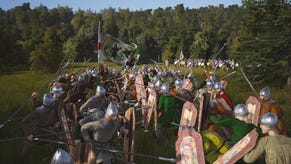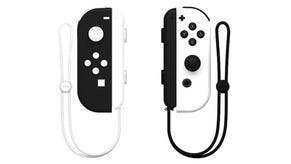BBC: Brain training doesn't train brain
Players get better at the games though.
Brain training games are no better at training your brain than browsing the internet, according to research going into a new BBC programme.
"Can You Train Your Brain? - A Bang Goes The Theory Special", which airs tonight at 9pm BST on BBC One in the UK, followed 11,430 people over six weeks to measure the impact of brain training activities.
Participants were split into three groups, a third of whom did regular sessions to test reasoning, planning and problem-solving, while a third played specially-created games designed to train short-term memory, attentions, maths and visuospatial skills, and the other third did web-browsing stuff.
Apparently nobody exhibited any more brain power afterwards, although the game-players did get better at the games they were playing.
"Statistically, there are no significant differences between the improvements seen in participants who played our brain training games, and those who just went on the internet for the same length of time," said Dr Adrian Owen, a neuroscientist from the Medical Research Council.
Naturally the BBC contacted Nintendo - maker of the Dr Kawashima's Brain Training series, which have sold millions of copies worldwide - for a reaction, although it hadn't used the Brain Training series in tests.
Nintendo said that its games never claimed to be scientifically proven to improve cognitive function, but rather that they were "fun challenges incorporating simple arithmetic, memorisation and reading".
"In this way it is like a workout for the brain and the challenges in the game can help stimulate the player's brain," it told the BBC.








